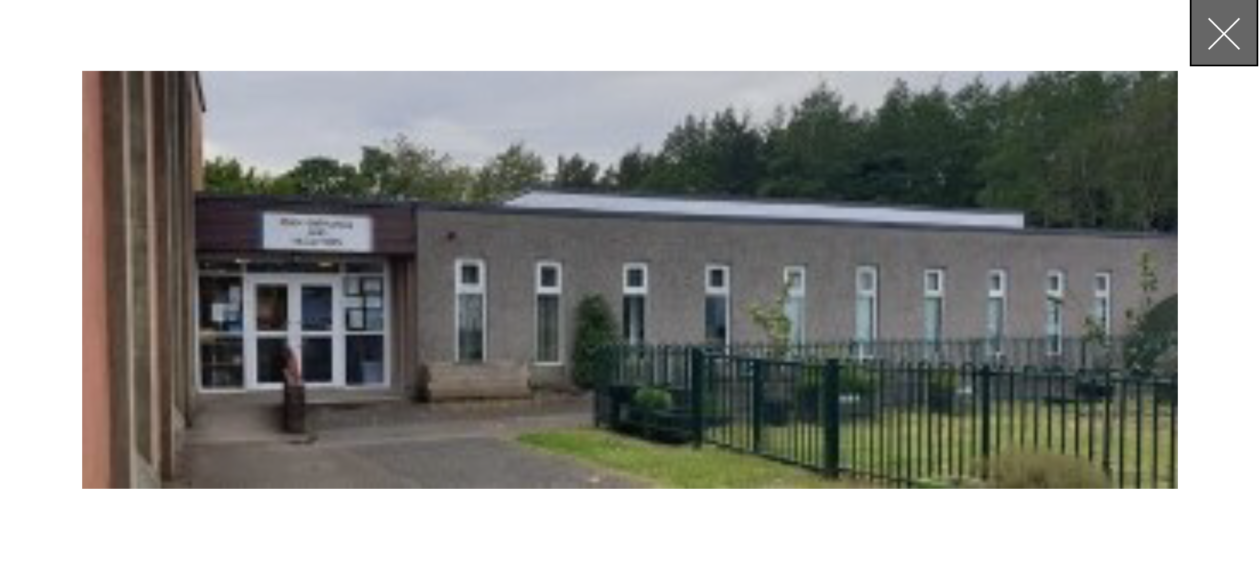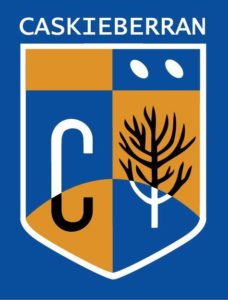

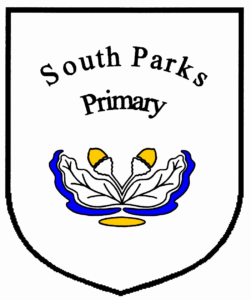
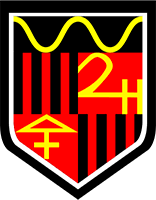
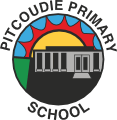
Glenrothes Cluster Rationale
Towards a Curriculum Rationale
Glenrothes Cluster endorses the following documents which were used to develop our policy rationale, Building the Curriculum series, Towards a Curriculum Rationale and Journey to Excellence.
A Definition of the Curriculum
A definition of the Curriculum is the totality of experiences which are planned for children and young people through their education; wherever they are being educated. It includes the ethos and life of the school as a community; curriculum area and subjects; interdisciplinary learning; and opportunities for personal achievement. The all-embracing definition prompts us to expand our thinking about the totality of experiences that comprise a curriculum fit for the 21st century.
Policy Rationale
Glenrothes Cluster aims to provide a broad, experiential curriculum that meets the needs of all of our pupils and which develops skills for learning, skills for life and skills for work. In doing so we will prepare our pupils to take their place in a modern society.
This means that every child in the Glenrothes Cluster of schools is entitled to experience:
- A curriculum which is coherent from 3-18
- A broad general education including well planned experiences and outcomes across all curriculum areas. This should include understanding of the world and Scotland’s place in it and understanding of the environment.
- A senior phase which provides opportunity for study for qualifications and other planned opportunities for developing the four capacities.
- Opportunities for developing skills for learning, skills for life and skills for work
- Opportunities to achieve to the highest levels they can through appropriate personal support and challenge
- Opportunities to move into positive and sustained destinations beyond school.
All staff have a responsibility to build our pupil’s capacity to become
- Successful learners
- Confident Individuals
- Responsible Citizens
- Effective Contributors
Staff knowledge and understanding of the curriculum and a collegiate approach to developing experiences and outcomes in our school context will underpin development. This in turn will provide teaching and learning of the highest quality for all the pupils attending schools in the Glenrothes Cluster.
Our Vision then is “Improving life chances for all”
Our Values that will take us there are
- Compassion
- Ambition
- Respect
- Integrity
And our aims reflect our values.
Glenrothes Cluster aims:-
- To ensure pupils achieve their full potential in literacy, numeracy and other basic skills
- To have a clear focus on excellence in learning and teaching
- To provide real contexts for learning and link learning to support pupils’ understanding of the world around them
- To empower everyone to work together and learn from each other
- To ensure continuity and progression for all pupils using effective assessment
- To have respect for and value other people and their ideas and opinions
- To recognise their own culture and have a sense of identity while being aware of the multicultural world in which we live.
- To develop the key personal qualities of resilience, perseverance and adaptability
- To encourage lifelong learning and build ambition to ensure positive destinations for our young people
Principles of Curriculum Design
The seven principles of curriculum design are intended as features which apply at all stages of learning.
These principles are:
- Challenge and enjoyment
- Breadth
- Progression
- Depth
- Personalisation and choice
- Coherence
- Relevance
Organising Learning
A positive and inclusive ethos is crucial to the delivery of education
- Shared values and sense of community
- Climate of respect and trust
- Open positive supportive relationships
- Modelling behaviours which promote effective learning and well being
- Sense of shared ownership
- Contribution of children
- Decision making
- Developing partnerships
We will deliver experiences that develop our values and principles through:
Active and experiential learning
- Independent and collaborative learning
- Structured play with the child at the centre
- Problem solving through investigating and exploring
- Citizenship and our place in society locally and globally
- Enterprising Learning & Teaching
- Creativity and Thinking skills
- Understanding of Sustainable Development
- Learning about the world of work
- Exposure to other languages and culture
- Engagement in STEM
Supporting all our pupils to become literate and numerate will be a key factor. This will have implications for the organisation of learning:
- Across the whole school developing literacy and numeracy skills will be a priority and the balance of the curriculum will reflect this
- Collaboration, participation and peer learning will be embedded and time will be taken to support our pupils to learn, practise and become active learners
- Opportunities to embed literacy and numeracy in all curriculum areas will be a priority. Real and relevant context will support this.
- Teachers will be explicit about the use of literacy and numeracy skills in different contexts to underpin our pupils’ understanding and enable pupils to transfer skills to other curricular areas.
- At all stages this should be linked to skills for life, learning and skills for work
The curriculum may be taught through discrete subjects but pupils’ experience must be relevant and contextualised:
- Language (including 2+1)
- Numeracy
- Mathematics
- Health and Wellbeing
- Social Subjects
- Sciences
- Technologies
- Expressive Arts
- RME
Planning should encourage participation by, as well as being responsive to, the learner, who can and should influence and contribute to the process.
Consideration will be given to the way we plan. Studies will be planned collaboratively with pupils and at this stage of planning; learning should be linked to the 4 capacities. Long term planning will be broader and more flexible. Short term planning will reflect what is happening in the class. Ongoing evaluations will allow learners to influence the process.
Assessment and Achievement
The four lenses (Professional Judgement, Moderation, External Assessment, Progress Assessment) are the basis from which we assess all learners. Assessment is for Learning principles and the supporting strategies will continue to be used as a key tool in assessing the effectiveness of learning and teaching in our schools.
Recognising and tracking achievement and success in learning is crucial. The Glenrothes Cluster believes personal achievement provides children and young people with a sense of satisfaction and helps build motivation, resilience and confidence. The experiences and outcomes include opportunities for a range of wider achievement in the classroom and beyond.
Stages of Learning and Transition
The experiences and outcomes outlined in the curriculum framework are grouped into five levels. These are
Early Nursery to the end of Primary 1 for most children
First Primary 2 to the end of Primary 4 for most children
Second Primary 5 to the end of Primary 7 for most children
Third Secondary 1 for most children
Fourth Secondary 3 for most children
We aim to provide effective transition arrangements for every one of our pupils at all stages and particularly from Nursery to P1 and P6 to S1.
This will ensure that there is
- Continuity of learning
- Continuity of teaching and learning approaches
- Support for learners to adopt and adapt to change
- Good communication, with effective continuity of curricular programmes to support progression and coherence.
Partnerships
We will continue to work closely with partners in our community through:
- Cluster working
- Collaboration with appropriate outside agencies
- Linking with parents and their work/life experiences
- Linking with voluntary organisations both locally and nationally
- Making links with other schools, colleges and local businesses
- Linking learning to the world of work and the wider global community
